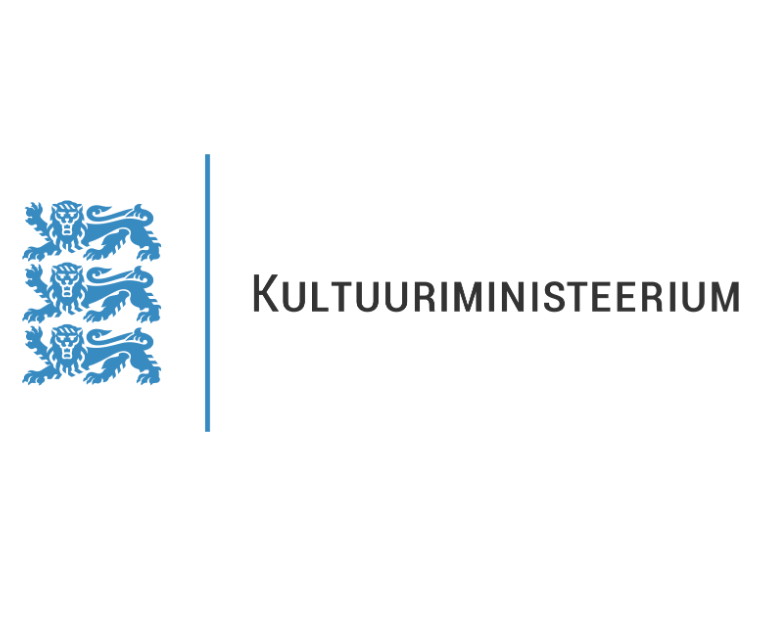This conference brings together leading experts on integration issues, policy-makers and hands-on practitioners from Estonia and around Europe to share visionary ideas, research results and best practices for the effective integration in diverse societies.
Three reasons to attend the conference
Visionary
We bring together leading academics, practical experts and policy-makers
Interactive
Engage in discussion after presentations
Practical
We focus on actual programs and experiences of facing and overcoming the integration challenges

